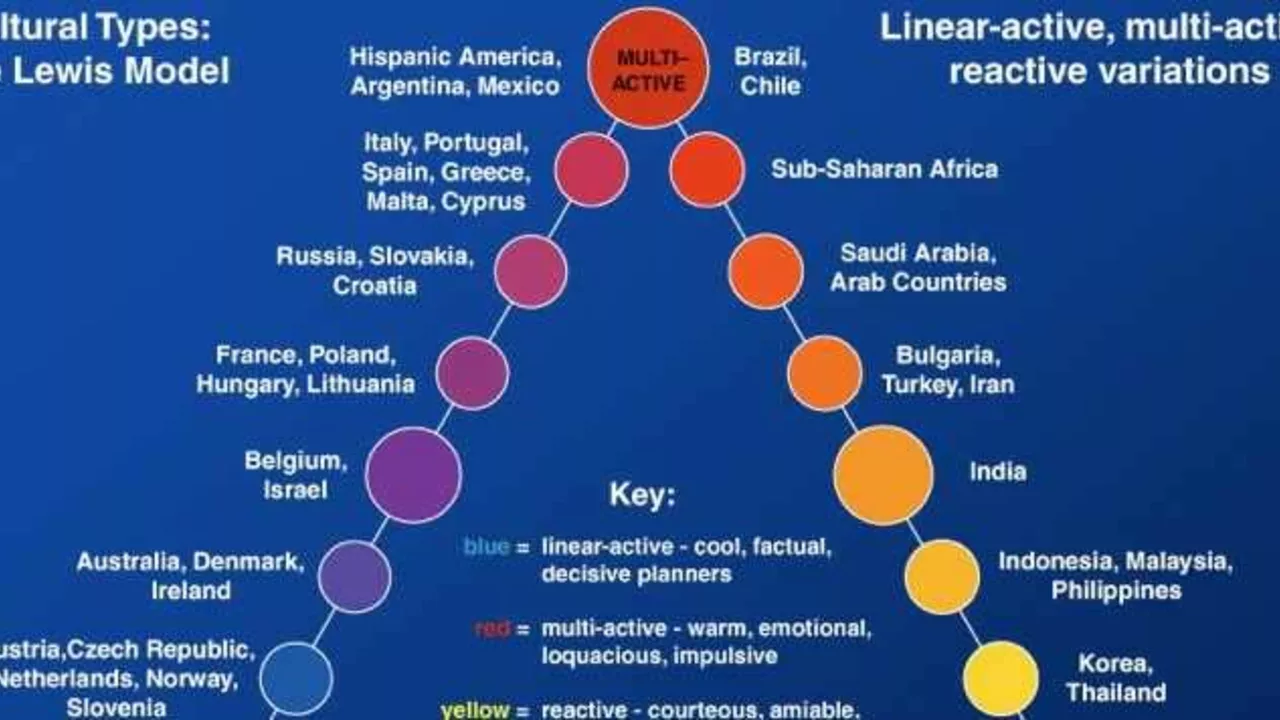Living in Australia: what to expect and how to settle in
Thinking about living in Australia? Good call — it’s a great place to work, study and enjoy outdoor life. But it’s also expensive in some cities, and rules around visas, housing and jobs catch many people off guard. This page gives straight, useful tips so you know what to do first and where to save time and money.
Start with your visa. Tourist visits are different from working or student visas, and overstaying is a fast route to trouble. If you plan to work, look into skilled migration visas, employer-sponsored options, or student visas that allow limited work hours. Apply early, keep documents organised, and track processing times — delays are normal.
Visas, work and money
Jobs are available in healthcare, IT, trades and hospitality, but competition varies by city. Sydney and Melbourne have bigger job markets; smaller cities like Adelaide or Perth often have lower living costs and steady openings in specific sectors. Update your CV to Australian format (short, clear, achievement-focused) and start networking online and locally — LinkedIn and community groups matter.
Plan your finances. Rent is the biggest cost. Expect higher rent in inner-city suburbs; outer suburbs and regional towns are cheaper. Budget for a bond (usually 4 weeks’ rent), two weeks’ rent in advance, utilities, and groceries. Opening a local bank account and getting a tax file number (TFN) early will make payroll and bill payments smoother.
Everyday life: housing, health and practical tips
Healthcare: Medicare covers many services for residents and some visa holders. If your visa doesn’t include Medicare, buy private health insurance — it can save big money if you need hospital care. Also register with a local GP as soon as you arrive; having one makes everyday health issues much easier to handle.
Transport and driving: Public transport works well in major cities — trains, trams and buses. If you plan to drive, check licence rules: some states accept foreign licences for a while, others ask for conversion. Cars and petrol can be pricey, so weigh commuting costs when choosing where to live.
Culture and everyday tips: Aussies are generally informal and friendly. English is the main language, so brushing up on conversational English helps with work and social life. Look for local community groups, cultural associations or sports clubs to make friends fast. Weekend markets, beaches and national parks are the best free entertainment.
Safety and laws: Follow local rules on alcohol, smoking and wildlife. Fines for breaking laws can be steep, and understanding basic rights and obligations will save headaches. Finally, keep copies of important documents, set up emergency contacts, and give yourself time to adjust — settling in takes weeks, not days.
Want more specific advice — city comparisons, visa timelines, or job-search templates? Check related posts and guides on this tag to find practical how-tos and personal stories from people who already moved here.

As an Indian, what are the pros and cons of living in Australia?
As an Indian living in Australia, I've experienced numerous benefits including a high standard of living, excellent education and healthcare systems, and a multicultural society that's generally welcoming. However, it's not without its challenges. The cost of living can be high, especially in major cities, and there can be instances of cultural shock or occasional discrimination. Moreover, the process of migration and settling can be complex and tedious. Overall, Australia offers a great lifestyle, but it requires adjustment and understanding.
Categories
- Social Issues in India (3)
- Sports (3)
- Business & Markets (2)
- Weather & Climate (2)
- History and Politics (1)
- Quick and Easy Indian Breakfast Recipes (1)
- Food and Culture (1)
- Road Safety & Transportation (1)
- Cultural Experiences/Travel & Living Abroad (1)
- Technology Reviews (1)
Popular Articles


